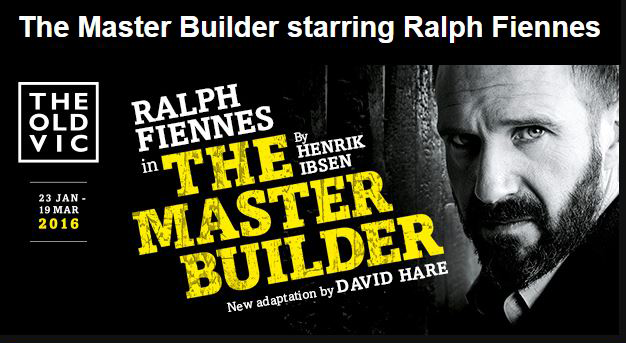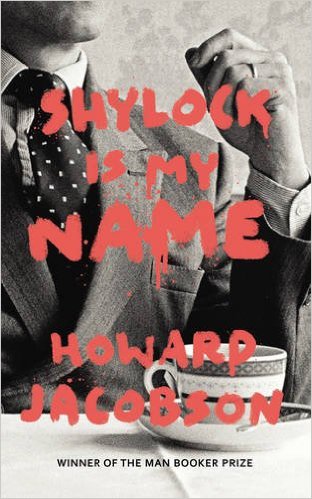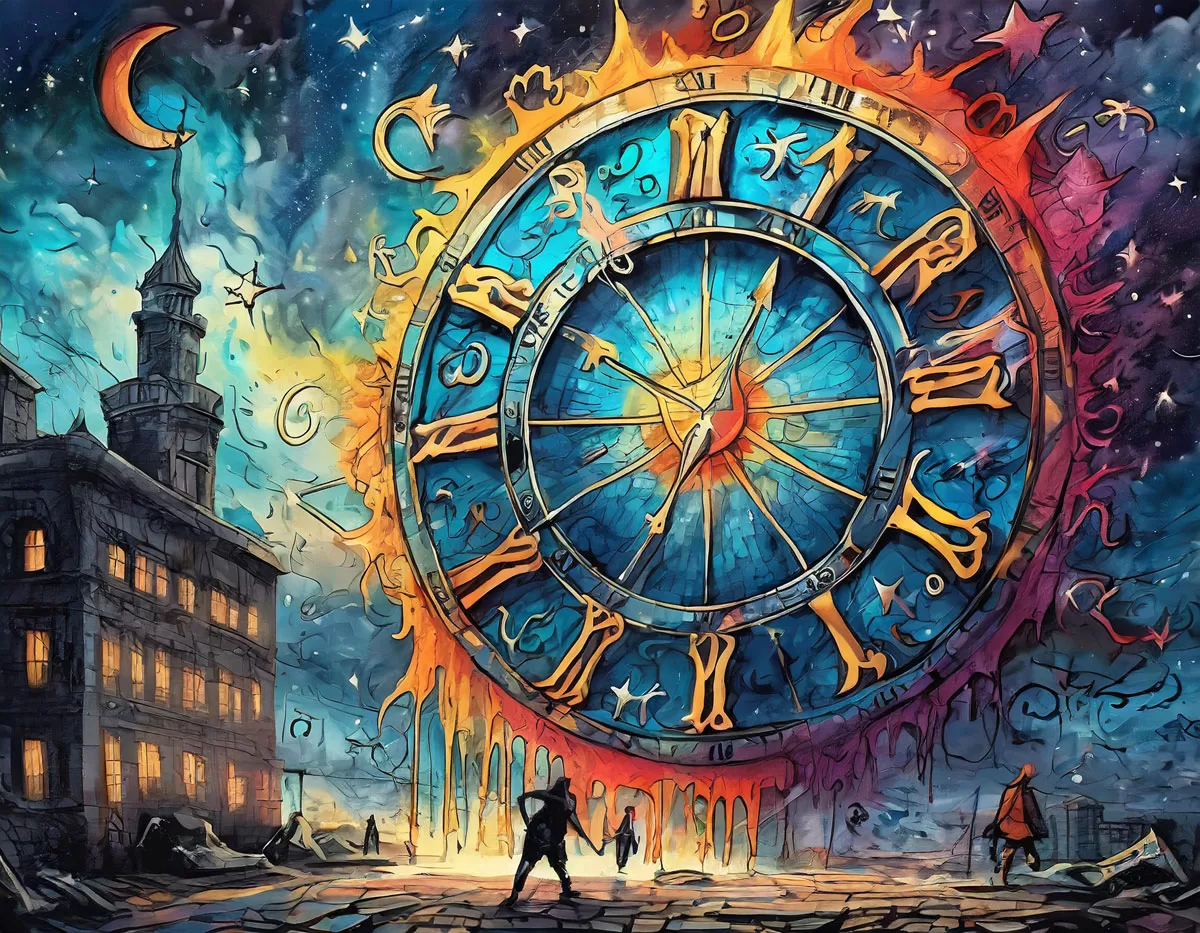Welcome to THE ARTS.
In a regular feature Andrew Venning takes a look at what’s going on in the world of theatre, arts, books, the latest exhibitions and everything in between!
This week we have:
Shylock Is My Name
Dr Dee Exhibition
The Master Builder
Shylock Is My Name
Hogarth press have got several famous writers to “update” Shakespeare’s works and write novels based on his plays. Last year we had ‘The Gap of Time’ By Jeanette Winterson and next up we have Howard Jacobson’s take on ‘The Merchant of Venice’ set in a wealthy Cheshire village full of wealthy Footballers called ‘Shylock is My Name’
Whereas Jeanette Winterson stuck very closely to the plot of The Winters Tale. Jacobson uses Shylock’s words to Tubal about his wife Leah as a catalyst for exploring the play and in particular his own protagonist Strulovitch (a proto-Shylock).
“Out upon her! Thou torturest me, Tubal: it was my turquoise; I had it of Leah when I was a bachelor: I would not have given it for a wilderness of monkeys.”
They have a lot in common, not just their “jewishness” but both have a “lost” or estranged daughter, both have wealth and both have lost their wives. Shylock and Strulovitch expound on their religion and their race throughout the book and discuss what it means to them to carry or not carry the weight of this. There are moments where you question whether Strulovitch (a fan of Shakespeare) isn’t imaging these interactions with Shylock who is goading him on to the final moments where Shylock seems to get his revenge on everyone and speaks “the quality of mercy is not strained” to Strulovitch.
Shylock in the original lends Antonio money and in return if Antonio doesn’t pay up on time he demands a pound of his flesh. In this version Strulovitch requests instead a ‘snip’ of flesh (or rather a conversation to Judaism through circumcision) and asks Gratan, a mixture of the rather wet Lorenzo and the the anti-semitic Graziano, who wants to marry his daughter Beatrice, to get circumcised. This is a powerful and superb spin on the original story into a modern setting.
At times near the start of the book the discussion between Shylock and Strulovitch seems to go on a tad too long but it’s a great exploration of the play and of both of these two men.
We are reminded of Shakespeare throughout with a peppering of lines taken from his plays and Hamlet in particular. Jacobson wanted to do Hamlet but I think he has done a fascinating and insightful job here with The Merchant of Venice.
Shylock Is My Name is written by Howard Jacobson and published by Hogarth Shakespeare
DR DEE Exhibition


“He was a fascinating and energetic character who was incredibly scholastic and erudite.”
He was a fascinating and energetic character who was incredibly scholastic and erudite. He traveled vastly over Europe as a Mathematician, Scientist, Courtier, Magician and more. His personal library was renowned through the world, although sadly a lot of it was stolen form him when he has been away from England toward the end of hie life. Luckily parts of resurfaced again!
The Royal College of Physicians own several of his books and items and have now put them on show here in this short but fascinating exhibition. We are confronted by cabinet containing his notes on several books he owned which show his vast erudition and broad interests. He doodled on Euclid, annotated Cicero, underlined books on Troy, studied maps and astrological charts. The collection is beyond great and seeing his had written notes is incredibly eye opening to the man and the period. The RCP has mounted a timeline of his life for those who go in knowing nothing about Dee . The famous painting by Henry Gillard Glindoni (1852-1913) of Dr Dee entertaining Elizabeth at his home (not based on historical fact) entices you over to the end of the exhibition. Later restoration work has revealed that parts of this painting had been painted over hiding what was initially portrayed around the floor in front of Dre Dee but later painted over (I am not saying what, you shall have to go yourself to see!)
“I almost wanted more, but what was on show was certainly very interesting and worth seeing.”
Dee believes that he talked to Angels and his famous obsidian black mirror (from Mexico) is on display here with his magic crystal that was given to him by an angel. Dee believed he had figured out an angelic langue in which to converse with celestial beings.
Whilst he was a genius when it came to a lot of sciences, maths and even geography (he set a lot of trade routes for ships to travel to Asia and beyond and was the first person to coin the phrase “British Empire”) However a few hundred years later because of his talk of angels, people believed him to be mad and some of his theories on the occult were questioned as either madness or that he was conman!
John Dee was strongly believed to be an inspiration for Shakespeare’s wizened magician Prospero in The Tempest.
In later years he has inspired charts rankin comic books, a huge illustration by Quentin Blake and Damon Albarns Rock Opera. This is a small exhibition and can be done in an hour. I almost wanted more, but what was on show was certainly very interesting and worth seeing. There is a brief film at the start which may also be of interest to people that don’t know as much about Dee that runs through some key points in his life.
Worth a look if you’re a scholar, doctor, Elizabethan fanatic or occultist! There is something of interest here for everyone, because Dee was interested in everything!
DR DEE can be found at the Royal College of Physicians in London
The Master Builder


We are given the luxury of 2 intervals between the 3 Acts, a God send as sadly the play seems to lag at times and in places one very much feels that trimming here and there may have helped.
“It’s a great look into the effects of a late mid-life crisis”
Ralp Fiennes plays Halvard Solness, The Master Builder, an ageing architect at the top of his game who has risen from nothing and is about to be taken over or usurped by the “new” and the “young”. It’s a great look into the effects of a late mid-life crisis, but there is a lot more going on here and by a lot more I mean a lot more! It’s a play that seems to have more than just a few themes to say the least. The loss of children, Sexual misconduct with a minor, old age, even myth & fantasy as the young Hilda Wangel enters the story and brings in the idea of fairytale and mythical creatures. She refers to herself as the Princess and talks of trolls (an echo of Ibsens pre-occupation in Peer Gynt). You wonder whether or not she is a mythical character herself? Or was it that when Solness had kissed her at just 13, was she somehow traumatised by this experience and has she replaced reality with a fantasy? of course Solness doesn’t remember this at all and denies it and he we are faced with one of the other major themes of the play, that of mental illness and memory loss.
Ralph Fiennes is a suitable Solness, but her was much more compelling as Jack Tanner in ‘Man and Superman’ at the National Theatre last year.
The ending of this play is tough to stage as The master Builder, who suffers from vertigo, stubbornly climbs atop a ladder to lay a wreathe on a new building, against his wife’s wishes. This final scene where characters are describing what is happening from afar is tough to pull off and the drama seems to traverse the realms of realism and fantasy.
This particular version is certainly interesting but sadly it did suffer from moments (in each act) where it felt like things were getting repetitive and not moving things along. I am not saying things shouldn’t be given fair time to mellow and be explored thoroughly, but these moments have to be earned.
The Master Builder is playing at The Old Vic Theatre








